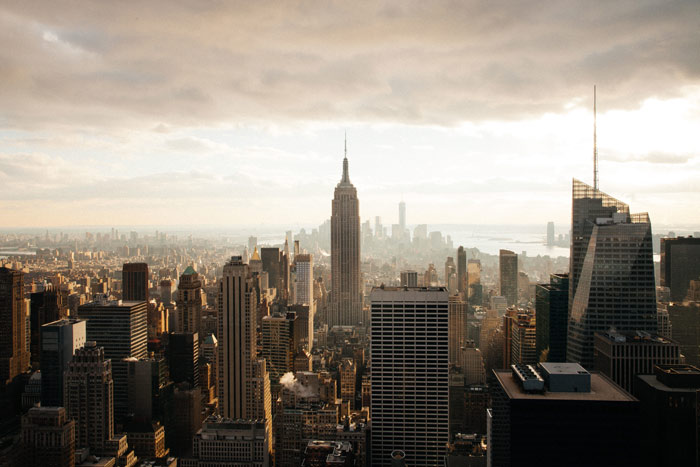In 2012, air pollution caused the death of 3.7 million people. Such findings were given by the experts of the World Health Organization, who published the results of another case study. The experts warn that if humanity does not change its attitude towards the environment, clean air will soon be as expensive as gold – now it is available only to 12% of the inhabitants of the planet.

The WHO staff estimated the overall environmental situation in 1600 cities of 91 countries. This study was the most widespread in the history of observations.
Alas, the results of the scientists’ work are not pleasing – the experts were forced to note that the air quality in metropolitan areas is deteriorating over time.
This problem cannot be ignored, as the polluted air with gases poses a serious danger to human health. The WHO Director of Public Health and environment Maria Neira warns it greatly increases the likelihood of serious diseases: asthma, heart disease, stroke, lung cancer, etc.
According to her, at least a half of the urban population breathes dangerous air. This is due to the development of infrastructure and poor waste disposal.
The most dangerous situation is in the Pakistani city of Peshawar. Its population of 3.6 million people breathes the air where the average concentration of harmful substances reaches 540 micrograms per m³, whereas the WHO standards for this indicator should not exceed 20 micrograms per m³.
The second place in the anti-rating was taken by another Pakistani city Rawalpindi, with 448 micrograms per m³, and the third line belongs to Afghan Mazar-i-Sharif with 334 micrograms per m³.
Compared with them, the air in such a big city as Moscow is noticeably better, but it is also imperfect – 33 micrograms per m³. Exactly the same results were obtained after studying the air samples in Los Angeles and Budapest.
According to the experts, the most polluted countries are Pakistan, Afghanistan, India, Iran and Bahrain. Best of all people breathe in Australia, USA and Canada.
Maria Neira says the situation can be improved, and in some countries there is a positive tendency. She assures that the air quality would be much better if people stopped heating their houses with coal, used cleaner fuels to generate electricity, and equipped their vehicles with modern engines.










